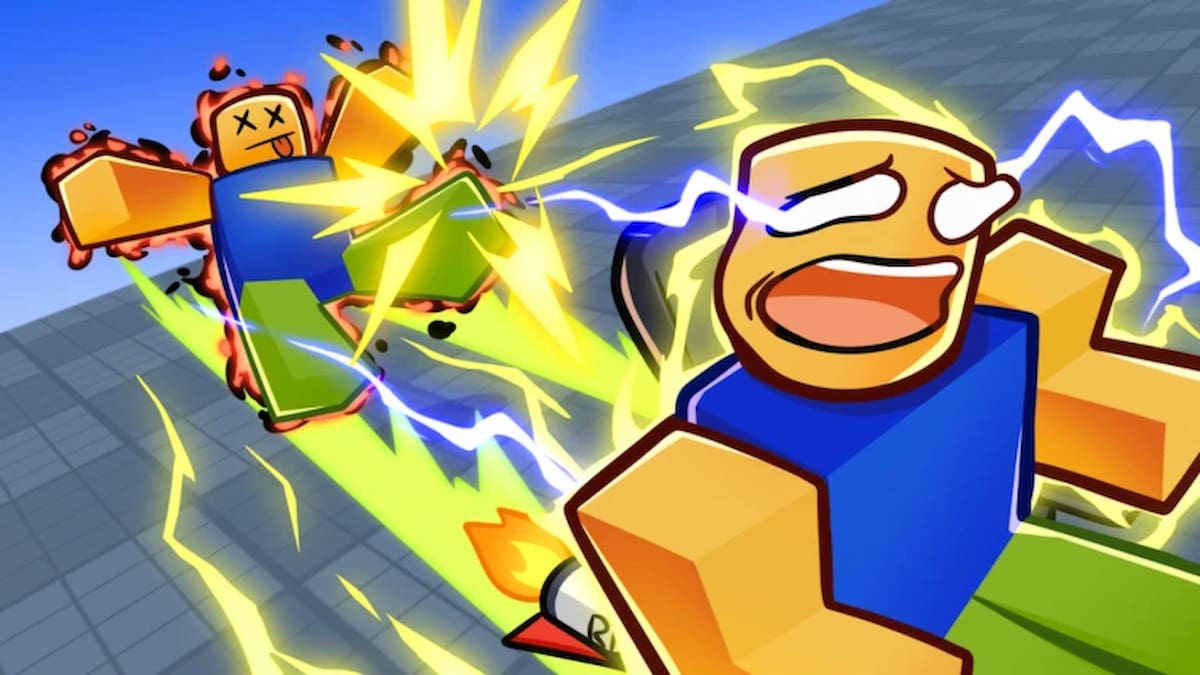Just about everyone is outraged about ESL’s most recent changes to its Counter-Strike: Global Offensive rulebook.
Under the new rule, players who have been caught by Valve’s anti-cheating software, VAC, can now compete in high-level ESL-sanctioned events after serving two-year bans.
The updated rule aligns with ESL’s policy at low-level tournaments, such as ESEA Premiers, where VAC-banned players had been allowed to compete before. ESL now will now exercise the same leniency it conducts at low-tier events at prestigious competitions like Intel Extreme Masters, ESL One, and the ESL Pro League as well. The rule does not, however, extend to future ESL Majors, simply because Majors remain in Valve’s sphere of control, which prevents VAC-banned players from participating.
The public outcry about ESL’s rule change was loud and clear. Many top CS:GO players grabbed their pitchforks and went to social media. BIG’s Nikola “LEGIJA” Ninić called the news “disgusting,” Peter “dupreeh” Rothmann from Astralis said “you’ve got to be kidding,” and FaZe Clan’s Finn “karrigan” Andersen drew comparisons to the doping-plagued world of cycling, stating “CS:GO becomes the next Tour de France.”
Another narrative quickly became more noteworthy, however. Under the hashtag #freeibp, the scene rallied behind the former iBuyPower players who were caught in a match-fixing scandal in 2015, and were consequently banned from competitive play for life. Following the campaign’s logic, these players, including popular names such as Sam “Dazed” Marine or Joshua “Steel” Nissan, should be “freed” from their lifelong bans—applied by Valve and followed by third-parties like ESL—as well.
BIG’s rifler, Johannes “tabseN” Wodarz, boiled the #freeibp campaign’s sentiment down to its essence, saying he doesn’t get why “match-fixing is worse than cheating.”
But they are wrong. Match-fixing is inherently a more dangerous threat to the esports industry than every other form of cheating.
Don’t hyperventilate. Bear with me.
There are many forms of cheating, some more severe than others. Match-fixing is one of the most severe types of cheating.
In fact, match-fixing is “a greater threat to the integrity of sport than doping,” according to Kevin Carpenter, legal sports consultant and chair of the Esports Integrity Coalition, a non-profit association aiming to clean up esports. Interpol even lists “Integrity in Sport” as a major crime area alongside the likes of drugs, piracy, and terrorism. If the esports industry allows match-fixers and gambling scammers to set foot, it creates a precedent that will hurt its viability for years to come.
Match-fixing always needs to be organized in advance, but most other forms of cheating can be situational. In traditional sports, a foul, for example, is basically a cheat that gives an immediate advantage. And if it’s witnessed by the referee, it instantly gets punished with, say, a two-minute penalty in ice hockey or a red card in soccer.
In fact, one of sports’ most iconic cheating incidents wasn’t planned well in advance but was an emotional act. I’m speaking about the quarter-finals of the 1986 FIFA World Cup between Argentina and England, when Diego Maradona scored an infamous goal with his hand, and later admitted it was “a little with the head of Maradona and a little with the hand of God.”
Esports’ equivalent to a foul isn’t a hack, however, but bug exploitation. CS:GO’s most famous example is known as the “Olofboost,” when Fnatic used a highly controversial map position that wasn’t known (or intended to be possible) to recover from a 10-round deficit against LDLC in the quarter-finals of DreamHack Winter 2014. These incidents are evaluated on a case-by-case approach and, in most cases, correctly dealt with by erasing the bug or ruling out its usage.
Taking advantage of bugs is different from hacking for another reason.
The ingenuity it takes to take advantage of unintended map designs is reminiscent of the constant overstepping of technological boundaries in Formula 1, where many initially illegal inventions became used in series later. Players need to be creative to find, train, and execute new boosts and wallbangs, for example. In stark contrast, using a wall or aim hack is destructive by nature—it literally attacks the game code. Additionally, it doesn’t add any form of personal contribution or creativity, besides the constant technological arms race between scripters and game developers.
Other than using a flaw in the game—which is ungentlemanly but often not against the rules—a cheater’s ill-intention is to manipulate the game itself to gain an advantage. To do so, he needs to purchase, install, and use illegal software, while avoiding countermeasures by game developers and tournament organizers alike. These include anti-cheat software like Valve’s VAC or, at LAN, the inspection of a player’s personal gaming gear.
And let’s be very clear: Cheating in any form of competitively play is an offence that needs to be punished.
Cheating of this nature requires planning, and it’s worse than a misconduct committed under the influence of emotion. There’s no debate about that. And yes, when it comes to bad intentions, both match-fixers and hackers have something in common. But if you ask me, that’s not enough to deem the same punishment appropriate. While every case differs, generally speaking, match-fixing is worse than cheating. Here’s why.
Using a hack is simple, but likewise relatively easy to prevent. But fixing a match is a well-planned, fraudulent act that demands some sort of criminal energy from the fixer. In many cases, match-fixing includes organizational crime and, thus, is not just punishable by sports authorities. It can also be legally prosecuted by national and international law enforcement.
That’s not just true for traditional sports. Korean esports is infamous for its match-fixing scandals, including arrests and prison time for people involved. Every case is different, of course, and it’s absolutely fair to say that the misconducts in the iBUYPOWER case are more juvenile mistakes than organized crime. That’s why permanently banning these players from pro play without any chance of repeal is unreasonable. On the same note, though, we can’t brush aside the fact that every incident of match-fixing needs to be taken very seriously.
Match-fixing doesn’t just end with improving salaries, either. In 2006, top clubs in Italy’s premier soccer leagues were found entangled in a thick network of relations to rig games. Match-fixing occurs on the highest level of sports, regardless of multi-million dollar salaries.
What esports can do, however, to prevent and deter match-fixing—and, in fact, all kinds of cheating—is to provide clear guidelines, make sure these guidelines are followed, and educate about the risks of violation.
Or as Alan Greenspan, economist and former chairman of the FED, once said:
“Corruption, embezzlement, fraud, these are all characteristics which exist everywhere. It is regrettably the way human nature functions, whether we like it or not. What successful economies do is keep it to a minimum. No one has ever eliminated any of that stuff.”





Published: Mar 24, 2017 03:35 pm